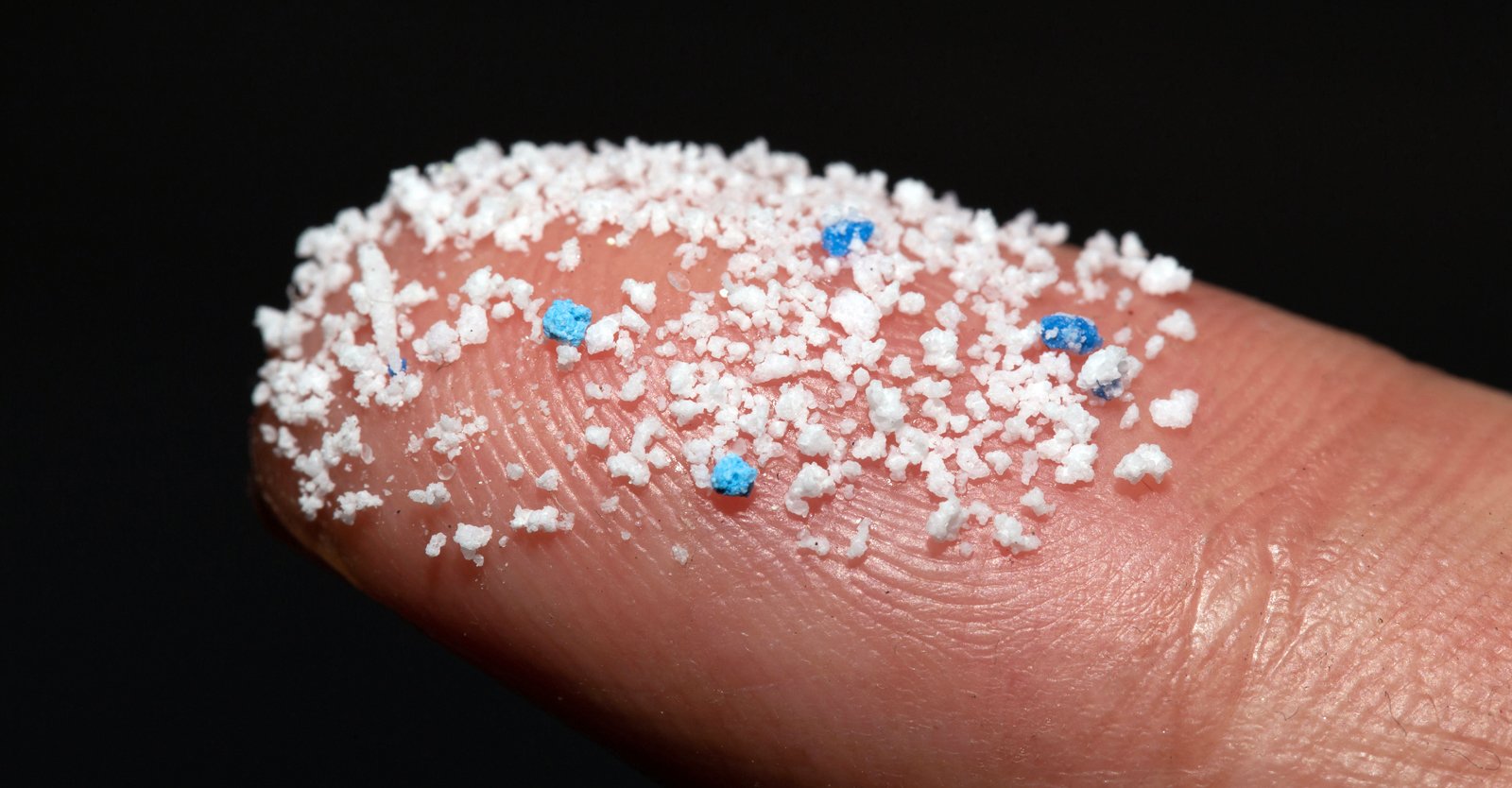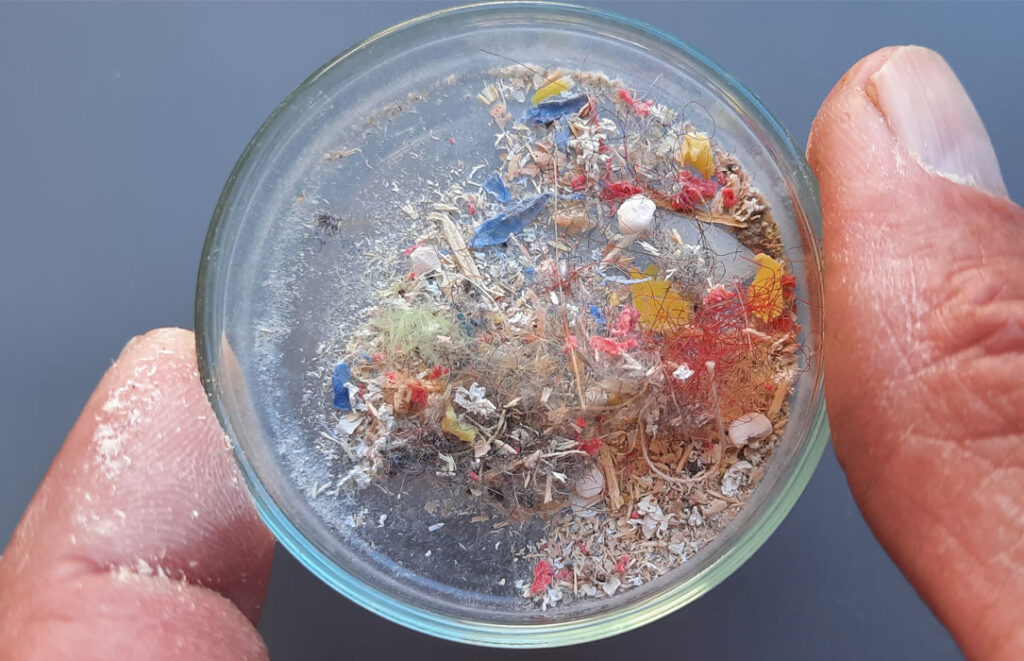Innovations in biodegradable polymer materials can have a significant impact on sustainability and environmental safety. The use of biodegradable polymers in agriculture for mulching is a promising direction that helps reduce environmental impact and maintain ecological balance.
Incorporating such materials instead of traditional polyethylene mulch has several potential benefits:
Reduce microplastic pollution: Biodegradable polymers break down into natural constituents that do not accumulate in the soil or enter the food chain.
Soil Improvement: Some biodegradable materials can enrich the soil by returning organic matter to the soil as the mulch breaks down.
Reduced disposal costs: Removing inorganic mulch can be a costly process, while biodegradable materials eliminate the need for additional work after the growing season has ended.
Improved waste management: Reducing plastic use reduces the need for recycling, which has a positive impact on waste management.
Environmental Education and Awareness: Adoption of environmentally friendly technologies helps to spread awareness about pollution problems and solutions to them among farmers and consumers.
However, to effectively implement these new materials, a number of factors must be taken into account, such as their cost, availability, effectiveness in different climates, and impact on different crop types. Additionally, it is important to monitor the long-term impact of biodegradable mulches on soil ecosystems to ensure they do not cause unintended damage to the natural environment.
The development of national and international standards and guidelines for the production and use of biodegradable materials will also be an important step in eliminating problems associated with plastic waste and supporting the transition to more sustainable agricultural practices.








